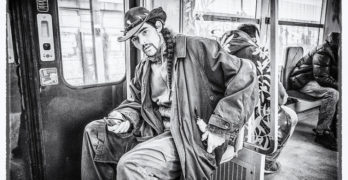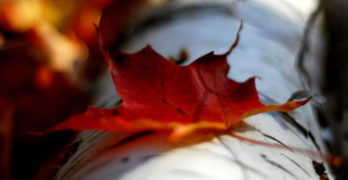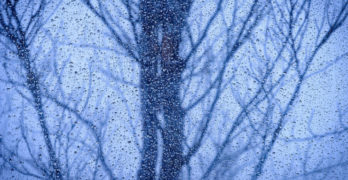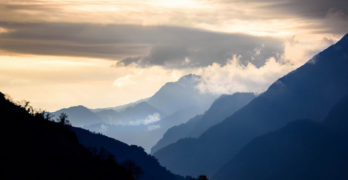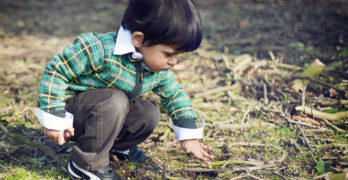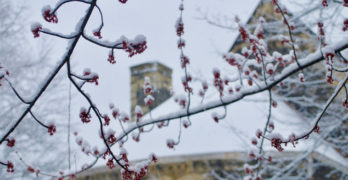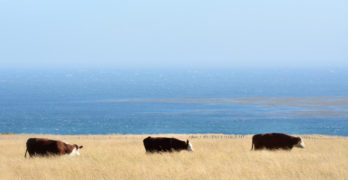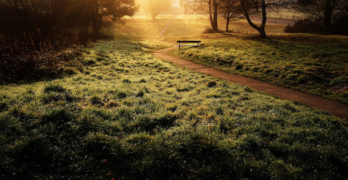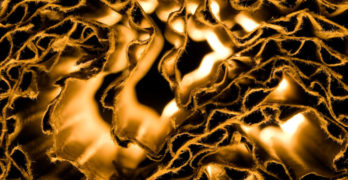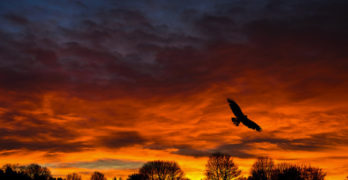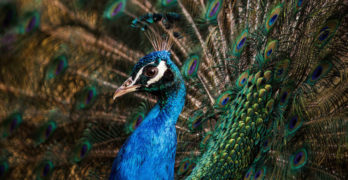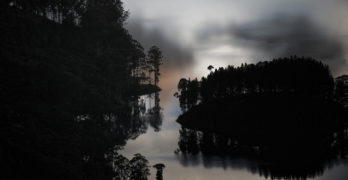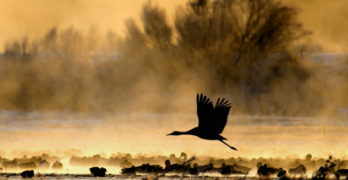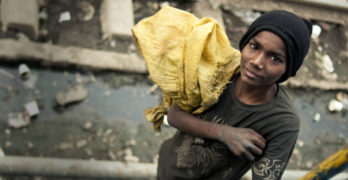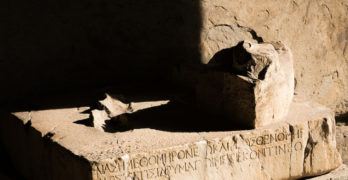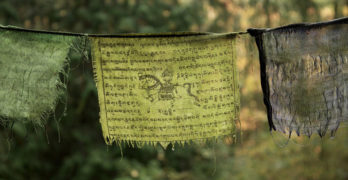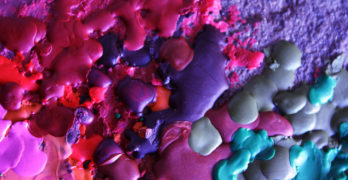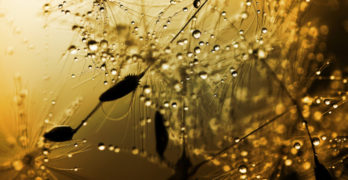In “Cain: Poems,” British poet Luke Kennard has brought the biblical character of Cain into contemporary life, with funny and poignant results.
Poets and Poems: Michelle Menting and “Leaves Surface Like Skin”
The poems of ‘Leaves Surface Like Skin” by Michelle Menting use the images and metaphors of nature to explore and explain the human condition.
The Lenore Marshall Prize: “Brooklyn Antediluvian” by Patrick Rosal
The Academy of American Poets has awarded the Lenore Marshall Prize to “Brooklyn Antediluvian,” an arresting and innovative collection by Patrick Rosal.
The Mythic and Heroic: “The Song of Hiawatha” by Henry Wadsworth Longfellow
“The Song of Hiawatha” by Henry Wadsworth Longfellow is a beautiful story about a heroic leader who loses what he holds most dear.
The First Poetry for Children: “Divine Emblems” by John Bunyan
In 1686, the English Puritan minister and writer John Bunyan published what we know today as “Divine Emblems,” the first book of poetry for children.
The Strangeness of “A Tale of Two Cities” by Charles Dickens
“A Tale of Two Cities” by Charles Dickens, one of the most quoted works of English literature, continues to speak to the human condition.
Reading in the Wild: August’s pages
Come learn the secrets of being a wild reader. Or just share your August pages. Megan Willome leads the way, with her August goodreads.
Of Color, Beauty, the Alphabet, and Fun: “A is for Azure”
“A is for Azure,” written by L.L. Barkat and illustrated by Donna Falcone, is a book about color, the alphabet, and literacy. It’s also full of childlike wonder.
“Housman Country: Into the Heart of England”
Peter Parker, in “Housman Country: Into the Heart of England,” explains why “A Shropshire Lad” became one of the most popular poetry books of the 20th century.
Honoring Gwendolyn Brooks: The Golden Shovel Anthology
“The Golden Shovel Anthology” has been published by the University of Arkansas Press to honor poet Gwendolyn Brooks, with a new poetic form.
Poets and Poems: Jeremiah Webster and “After So Many Fires”
“After So Many Fires” by poet Jeremiah Webster brings us into a different landscape different from many contemporary collections – a landscape of hope.
A Legend in Iran: The Poems of Shamseddin Hafez
Shamseddin Hafez, a contemporary of Chaucer, is still considered the greatest poet of Iran, and even taxi drivers sing his ghazals.
Tales of the First Age: “Beren and Luthien” by J.R.R. Tolkien
“Beren and Luthien” by J.R.R. Tolkien is the latest story edited by his son and literary executor Christopher Tolkien, and one of the earliest he wrote.
“The Whole Harmonium: The Life of Wallace Stevens” by Paul Mariani
In “The Whole Harmonium,” biographer and poet Paul Mariani tells the story of Wallace Stevens, poet, philosopher, insurance executive, and family man.
Poets and Poems: Mischa Willett and “Phases”
Filled with flashes of deep insight, “Phases” by poet Mischa Willett covers subjects as diverse as classical antiquity and old girlfriends.
The Surprise of “Oliver Twist” by Charles Dickens
Surprisingly, “Oliver Twist” by Charles Dickens isn’t one of his best works, but it contains elements of the genius for which he’d become famous.
A Small Volume of Essays, A Larger World of Poetry
A book of essays first published in 1916 provides a window into poetry and its practitioners, as well as how poetry was taught in classrooms.
The Pulitzer Prize for Poetry: “Olio” by Tyehimba Jess
The Pulitzer Prize-winning poetry collection “Olio” by Tyehimba Jess bends poetry our of its familiar groove to tell a story few Americans know.
The James Laughlin Award: Mary Hickman and “Rayfish”
The 15 ekphrastic poems in “Rayfish” by Mary Hickman, honored with the James Laughlin Award, explore culture and its meaning.
The Walt Whitman Award: “Afterland” by Mai Der Vang
In “Afterland,” winner of the Walt Whitman Award, poet Mai Der Vang explores what happened to the Hmong people after the Vietnam War.
